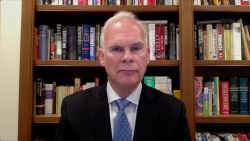The vision of the United Kingdom laid out at the annual gathering of the country’s main opposition party this week sounded like a socialist utopia.
Britons would only work a four-day week. A “Green New Deal” agenda would aim to reduce carbon emissions to zero by 2030. Elite private schools like Eton, incubator of 20 British prime ministers including the incumbent and his predecessor, would be abolished. Some workforces would take a 10% stake in their businesses and gain employee seats on company boards. Rail, water, energy and the postal service could be renationalized. And many essential services would soon be free, including higher education, childcare, social care and medical prescriptions.
A slate of potentially vote-winning policies designed to attract voters ground down by years of austerity? An ambitious, radical government-in-waiting? A party fired up to tackle the burning issues of the day?
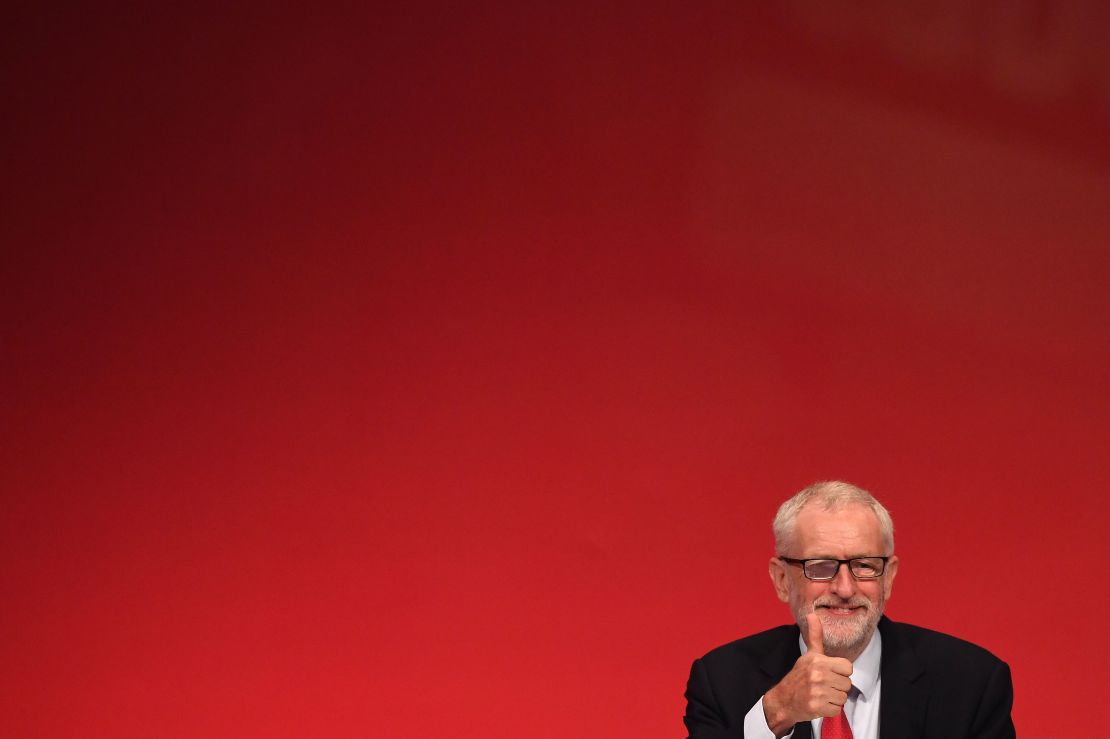
If only.
For all its progressive plans, Labour is unable to escape, nor even cut a clear path forward, on the single biggest issue facing the country. Brexit hung like a metaphorical cloud over the conference, weighing it down alongside the decidedly non-metaphorical rain that lashed the seaside resort of Brighton where this year’s gathering is wrapping up.
That’s a big problem. Because if it were to come to power, Labour’s entire future in government would be framed by Brexit – not least because of the economic shock that the rupture is predicted to bring.
Divisions over the issue – as well as more personal feuds that have simmered ever since veteran left-winger Jeremy Corbyn rose from the margins of the party to become leader in 2015 – seemed set to tear Labour apart, just as it laid out its bid to become Britain’s next government.
Before a conference debate on Brexit even got underway, an extraordinary attempt emerged to unseat the elected deputy leader of the party, Tom Watson, who has clashed bitterly with Corbyn over the party’s struggles with anti-Semitism. The audacious plot – which involved a procedural effort to abolish the role of deputy leader – was launched by Jon Lansman, founder of the Momentum group, the grassroots caucus that swept Corbyn to power. Watson, himself an expert in party machinations, found out about the moves just in time to be able to mobilize a successful rearguard action.
But the wounds from what Watson described as a “drive-by shooting” seeped into the opening days of the conference. And if that wasn’t bad enough, Corbyn’s chief policy aide Andrew Fisher announced his intention to resign, accusing the party’s leadership of engaging in “class war,” according to a memo leaked to the Sunday Times newspaper.
It was almost as if the party didn’t want to win an election. “We must resist the destructive, corrosive impulse of factionalism,” Watson said at an event Sunday. “I honestly think that there is a battle for the future of the Labour Party.”
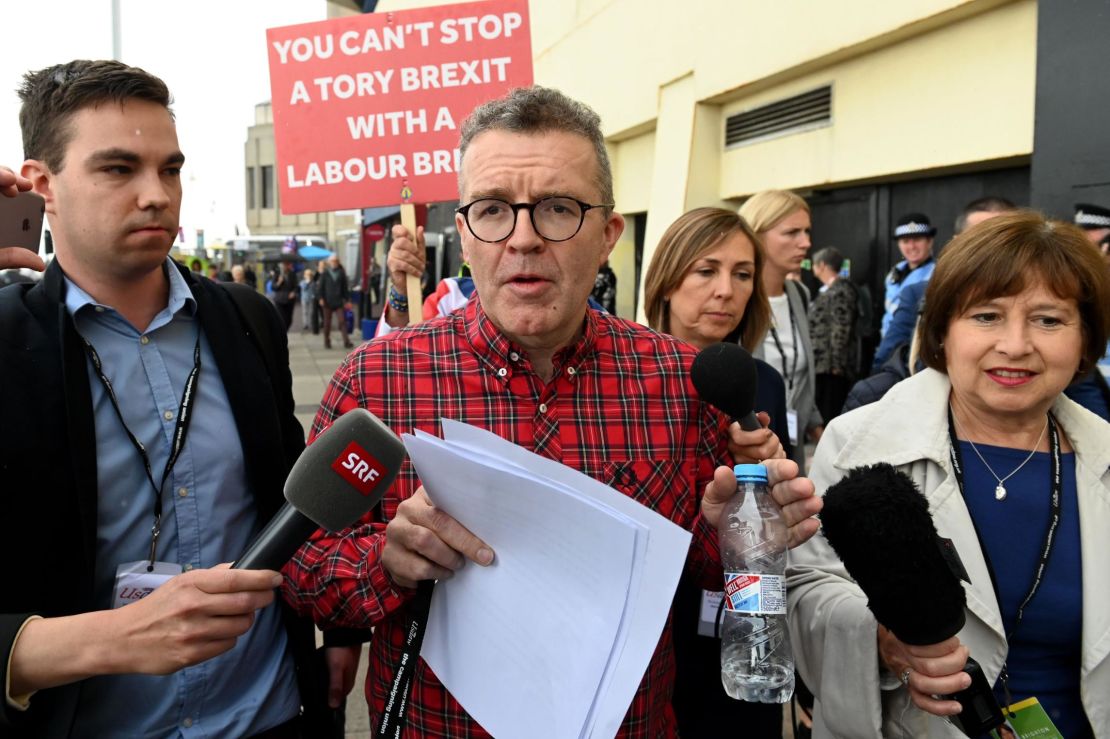
When delegates came to debate the party’s stance on Brexit – with grassroots members determined to force the leadership into a more full-throated anti-Brexit position – the mood matched the storms brewing outside.
Even the vote was controversial. On a show of hands, it seemed hard to call, but the conference chairwoman refused to allow a tabulated vote. Corbyn’s position to promise voters a second Brexit referendum – but not to reveal what the party’s position in that referendum would be until after a general election – was officially endorsed.
It may be that this calculation to sit on the fence is the only thing holding Labour together – stitching a fine line between Corbyn’s longtime Euroskepticism and the desire of many within the party for Britain to remain in the European Union. But it probably doesn’t do much in terms of Labour’s appeal to voters.
British voters are more entrenched in their Brexit positions than ever. They either want to get Brexit done as quickly as possible, or cancel it altogether. Labour appears stuck somewhere in the murky middle, risking losing its vote share to the Brexiteer Conservative party on one side and the pro-EU Liberal Democrats on the other.
As shadow foreign secretary Emily Thornberry aptly put it – Labour now finds itself trapped in a sort of “Star Wars” crusher, the walls closing in on either side.
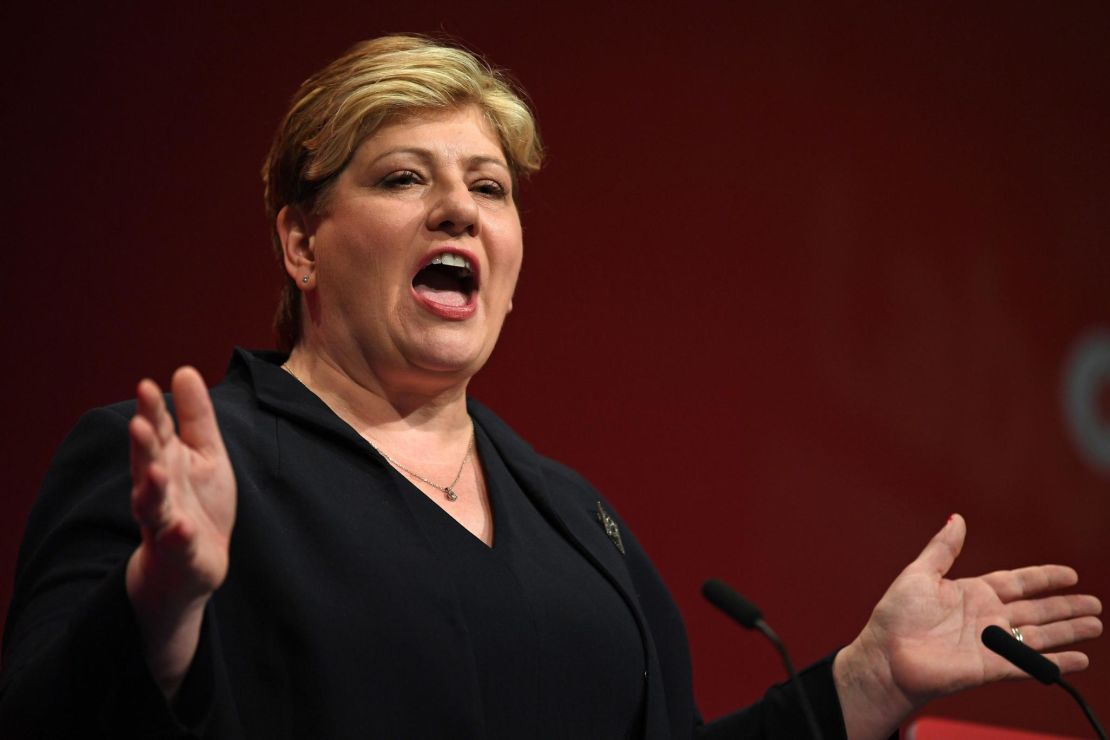
How lucky for Labour, then, that events dramatically intervened to pull the focus elsewhere.
On Tuesday, in what will go down as a landmark moment in British history, the UK Supreme Court ruled that Prime Minister Boris Johnson’s lengthy suspension of Parliament, just weeks before the Brexit deadline, was unlawful. As news of the ruling rippled through the conference hall, Labour members chanted “Johnson out! Johnson out!”
Corbyn leapt to his feet, and, in front of the cheering crowd, said that the government had demonstrated “contempt for democracy and an abuse of power,” calling on Johnson to resign.
To an outside observer, watching the chanting of “Oh, Jeremy Corbyn,” that followed, this felt like an open goal for Labour.
But the stark reality is that, according to the most recent polling, Corbyn has a negative approval rating of minus 60 points – making him the least popular of any opposition leader on record – and support for his party is stuck in the mid-20s, well short of the level required to win a majority in the UK Parliament.
The poll numbers reflect, among other things, concerns about how Corbyn has handled Brexit, and questions about how the party might pay for some of its bold proposals.
“It is a bubble of delusion really,” said Tim Bale, professor of politics at Queen Mary, University of London. “To lay out all these jam-tomorrow promises, when you are polling in the mid-20s and your leader is the most unpopular opposition leader we have ever seen in this country, does seem … let’s say a little ambitious or far-fetched.”
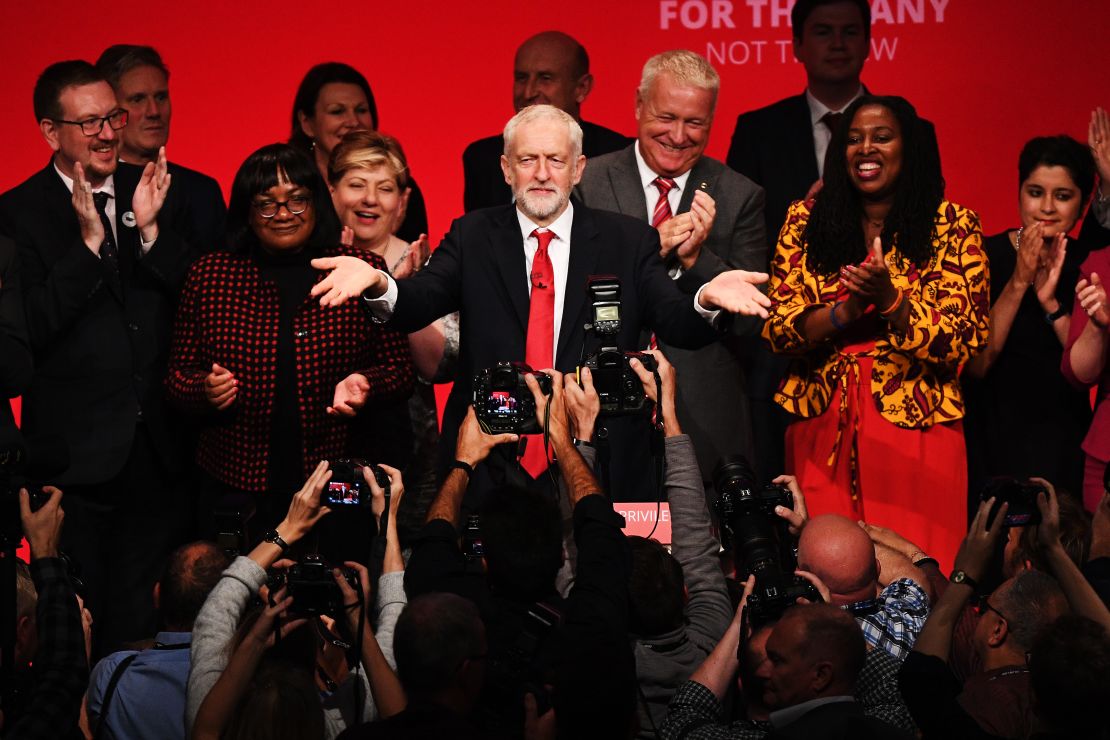
There’s also the economic risk that Brexit poses. “If Brexit does occur, all economic forecasts suggest it will actually depress the GDP of the UK and therefore there will be less money than there is now available for Labour’s spending pledges,” Bale added.
Speaking on the sidelines of the conference, however, many Labour MPs and members of the shadow Cabinet were reluctant to burst the bubble.
Whether it was shadow business minister Laura Pidcock hailing the party’s roll-out of a workers’ protection agency, shadow early years minister Tracy Brabin vowing to close the disadvantage gap by scrapping “tax loopholes” for private schools, or shadow chancellor John McDonnell backing a 32-hour week with no loss in pay, the message was: “no more tinkering around the edges.” It felt as though anything was possible.
And their proposals – from economic redistribution of wealth, to a fundamental shift back to central government control – are policies that command wide support in the Labour movement. But there was also a palpable sense of fear that the opportunity to enact these radical policies could be blown apart by the deep divisions within the party.
Delivering what felt like a sermon to a fringe event in a former church on Monday night, former Labour leader Ed Miliband urged the crowd to remember what they were fighting for and to seek common ground.
“I want radicalism without sectarianism,” said Miliband. “The irony of the situation we’re in … you’ve got people right across the Labour Party putting out incredibly exciting ideas and open thinking, if only we recognized how much we have in common.
“It does actually say that on our membership card… and we have to remember that as a party.








